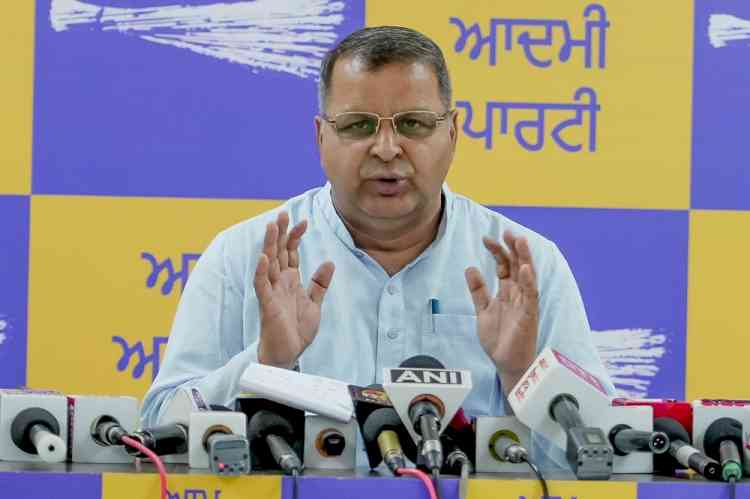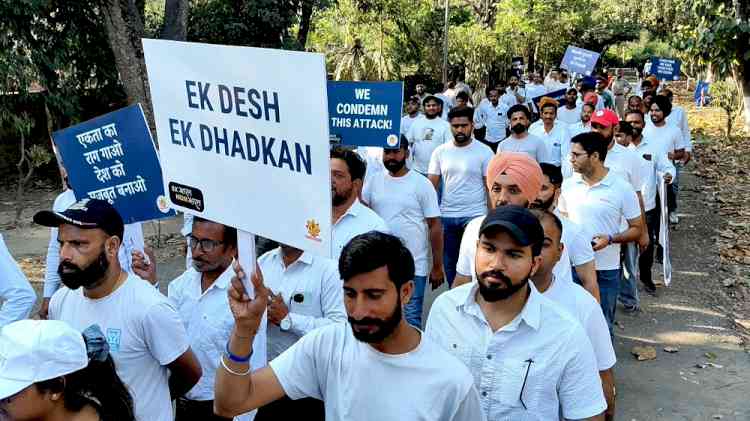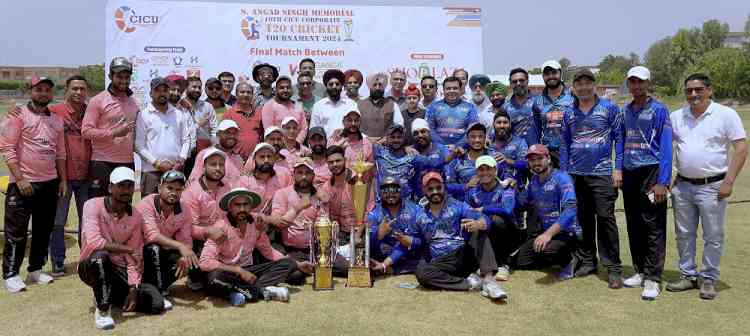Aam Aadmi Party thanks people for their active participation in the Panchayat elections
The Aam Aadmi Party (AAP) thanked the people of Punjab for their active participation in the Panchayat elections. The party also praised the district administration and the state election commission for successfully and peacefully conducting the elections.

- Impact of Chief Minister Bhagwant Mann's Words - More than 3,800 Sarpanches and Over 48,000 Panchs Elected Unanimously: Neel Garg
- As per CM's announcement, panchayats elected unanimously will receive special grant of 5 lakh rupees from the AAP Government - Neel Garg
Chandigarh, October 16, 2024: The Aam Aadmi Party (AAP) thanked the people of Punjab for their active participation in the Panchayat elections. The party also praised the district administration and the state election commission for successfully and peacefully conducting the elections.
In a statement released from the party office on Wednesday, AAP Punjab's senior spokesperson Neel Garg said that during the Panchayat elections, the appeal made by Chief Minister Bhagwant Mann had a significant impact on the people. Out of a total of 13,237 Panchayats in the state, around 3,800 Sarpanches were elected unanimously, while more than 48,000 Panchs were elected unopposed. This reflects the popularity of the Aam Aadmi Party and Chief Minister Bhagwant Mann in Punjab.
Neel Garg stated that Panchayats are the backbone of Punjab's economy. They have played a crucial role in the state's development. For this reason, the Mann government decided not to conduct the Panchayat elections on a party basis. The Chief Minister had also mentioned that the Sarpanch should be from the village, not from a party.
Garg also noted that, as per the Chief Minister's announcement, Panchayats that elected Sarpanches unanimously will receive a special grant of 5 lakh rupees from the government. This will help accelerate development in the villages. Furthermore, the peaceful and fair conduct of the Panchayat elections has strengthened the democratic system in the state.


 City Air News
City Air News 










